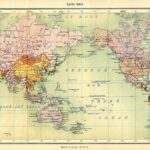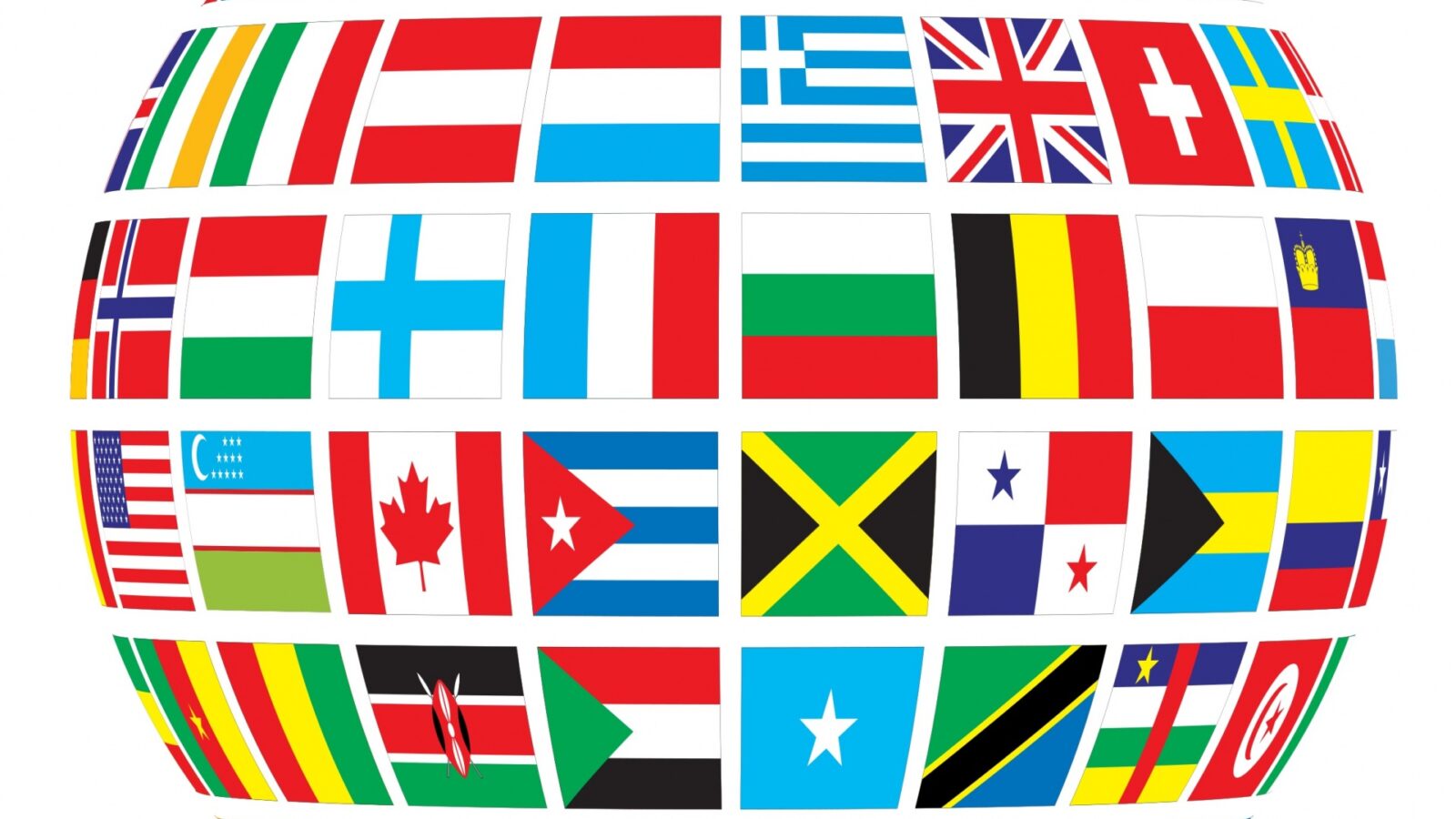Have we neglected God’s heart of prayer for our homeland?

Preserving a nation: why Joan of Arc’s story matters to the church today
July 2, 2024
God establishes nations and their borders
July 15, 2024If we ought to assign top priority to praying for our country and its leaders because this pleases God, then the inference is that neglecting to do so displeases God.
Have you ever considered that where you were born is ordained by the Lord, and that your love for your country is God-given?
Does it boggle your mind to reflect that you could have been placed in any other time in human history, or any other nation? In light of the knowledge that God designated you for this time in the epoch of mankind, and for your country of origin, what responsibility does that place on you?
“God’s providence concerns itself not only with the fate of individual men, but also with that of nations. With Israel, his ‘peculiar people’ (Deuteronomy 14:2), He especially concerned himself, but not with Israel only. Babylon, Assyria, Egypt, Elam, Edom, Ammon, Moab, were likewise objects of his attention, of His guidance, of His chastening hand, of His avenging rod. Particular nations were consigned by God to the charge of particular angels (Daniel 10:13, 20). At His pleasure he can ‘increase’ nations by blessing them with extraordinary fecundity (Exodus 1:7-12), or “destroy” them by internal decay, by civil wars, or by the swords of their neighbours” (Pulpit Commentary, Biblehub.com)
Missing piece, missing peace
In many churches, there is often much focus on the individual, and also on global missions. Discipleship and outreach are staples, and many a bulletin board in a church lobby is dedicated to missionaries and their work abroad.
In churches where there is prayer (in how many congregations is it notably absent?), my personal experience is that in larger group settings, it is not uncommon for the prayer to focus on missions or world events, and in smaller group settings, on individual needs. In the church in which I grew up, I cannot remember a single prayer meeting or service in which there was a consecrated time of prayer for the nation (I don’t claim it never happened; only that I can’t remember intercession for the nation ever being a priority). Prayer points would be listed in the bulletin on the assumption that someone(s) would pray individually, but the prayer points were always for denominational missions or the individual needs of persons in the congregation.
Yet scripture exhorts us, “First of all, then, I urge that supplications, prayers, intercessions, and thanksgivings be made for all people, for kings and all who are in high positions, that we may lead a peaceful and quiet life, godly and dignified in every way” (1 Timothy 2:1-2, ESV).
First of all. The Greek used here is proton, and it means “chief, of principal interest, first in rank.”
I urge. The Greek is parakaleō and conveys a beseeching, a strong entreaty, a heartfelt plea.
Paul is assigning prime importance and a gut-wrenching exhortation to the church to please, please ensure we are praying and interceding for our national leaders and those in authority so that the church might lead peaceful lives of quiet contentedness and dignity (Greek here is also translated integrity, sanctity, honesty, and purity. In other words, that we might live true to our sacred belief in the Almighty and all that comes with being His image bearers).
In fact, the language Paul uses here for national prayer is so strong, I cannot imagine that we shouldn’t be praying for our nation and its leaders every Sunday during service, at each weekly prayer gathering, at the start of summer VBS, before meals, and in our daily devotions.
Influence the influencers!
Why does Paul attach so much importance to praying for those holding positions of authority in the land? Should we really even bother with those corrupt kings, prime ministers, presidents, judges, magistrates, and legislators?
The answer comes in the verse that follows.
“This is good, and it is pleasing in the sight of God our Savior, who desires all people to be saved and to come to the knowledge of the truth.” (1 Timothy 2:3-4, ESV).
Have you ever noticed this? Paul says doing so pleases God, and Paul brings a correlation between prayer for those in authority and the desire of God for people everywhere to have opportunity to come into the knowledge of the truth.
It is evident not just that we ought to pray for the personal salvation of individual men and women in authority for their own sakes (which we for sure should, of course), but because these in powerful positions have tremendous influence over the land – its policies, its prosperity, and its people.
A personal challenge
If we ought to assign top priority to praying for our country and its leaders because it pleases God, then the inference is that neglecting to do so displeases God.
I want to challenge you if you are not already doing so, to lift up your nation and those in authority by name during your daily devotions. Praying for those in authority in a republic where citizens vote for their leaders means praying for the citizens themselves to make wise decisions and forsake propaganda, and for the elections not to be rigged or stolen.
A further challenge is to find someone else – at least one other like-minded person – who can begin praying with you regularly for the nation.
We have the power through Holy Spirit prayer to influence the influencers. It’s a sin against God not to pray for our nation.





